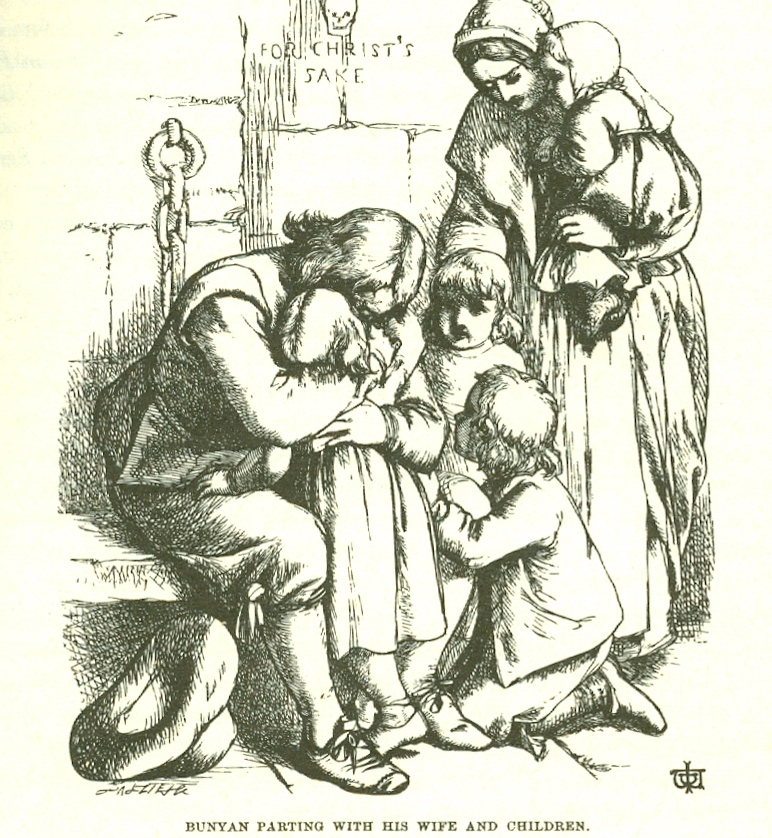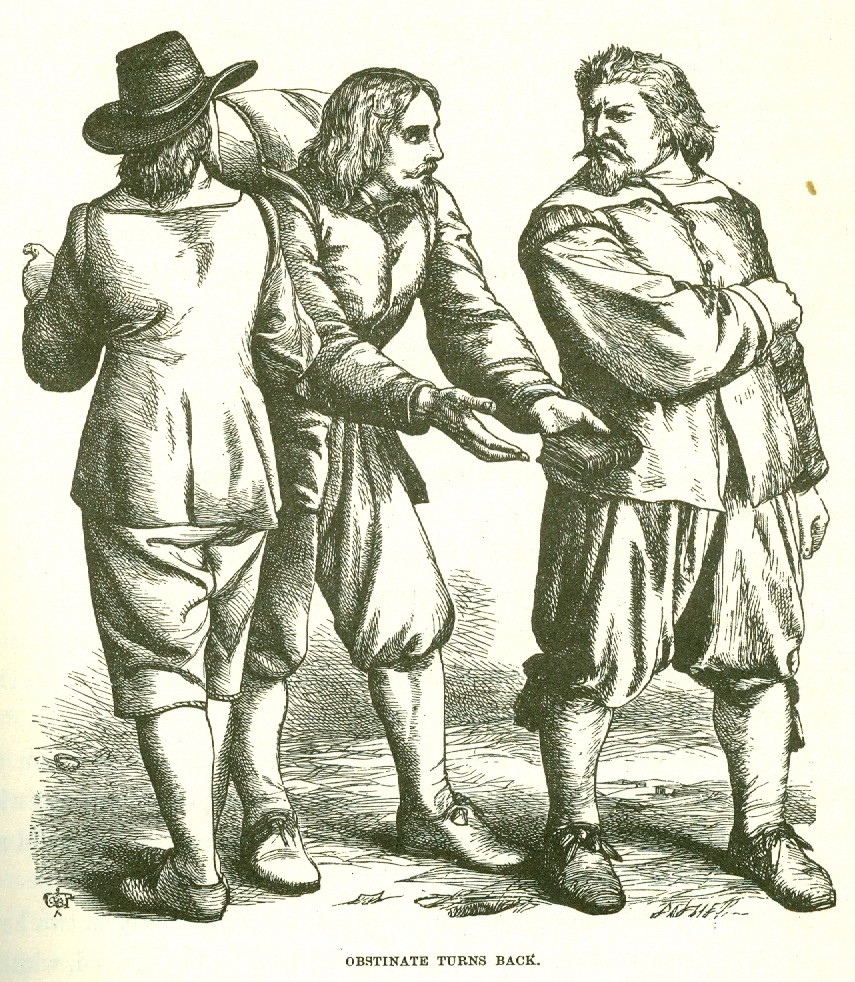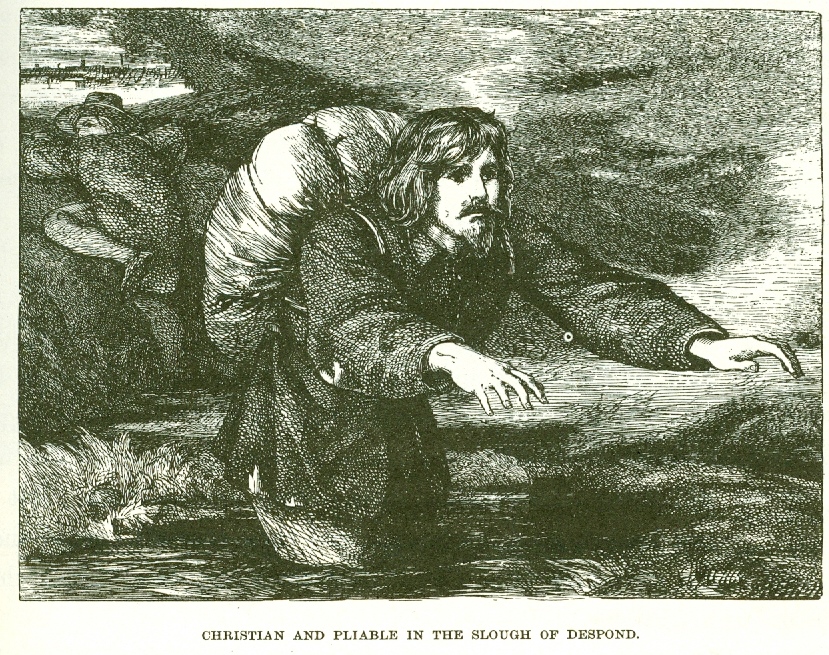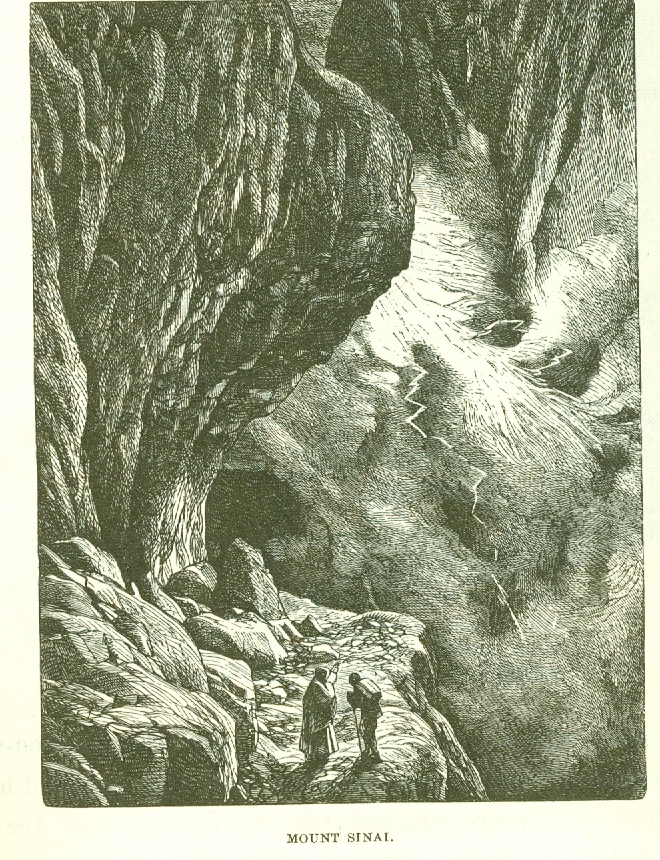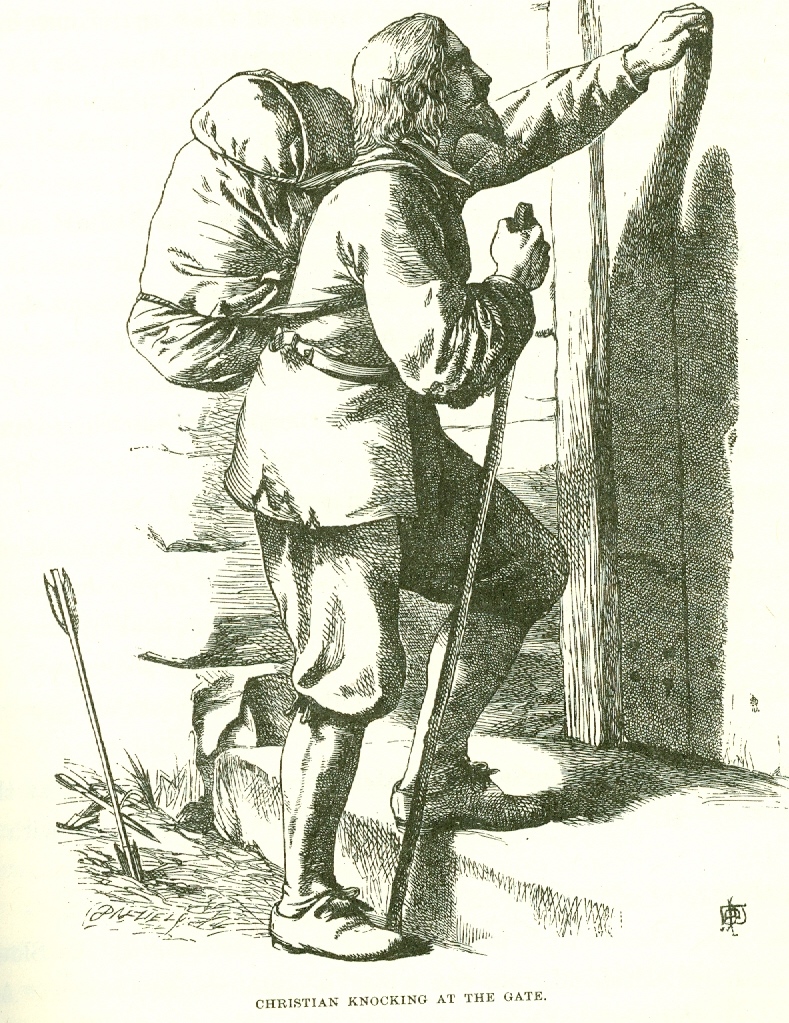Waking up in the dark of night, or struggling to find comfort after a failure, thoughts of justification have often brought solace to me. Justification? Yes, meditation on the gift of perfect forgiveness Christ purchased for me upon his cross. It is a gift that has nothing to do with any work that I can or will do. It is a gift of grace. It not dependent upon how much I have prayed. It’s not how much I have read the Bible. It’s not how many of God’s commandments I have obeyed. All those things are good, and elements of what we will later consider as part of Christian living. The comfort justification brings provides the energy and motivation to do good works. Our comfort and strength is rooted in what Jesus has done. But we are not comforted by our works. Never!
“But now a righteousness from God, apart from law, has been made known…this righteousness from God comes through faith in Jesus Christ to all who believe…for all have sinned…and are justified freely by his grace through the redemption that came by Christ Jesus…a sacrifice of atonement…Where then is boasting? It is excluded” (Romans 3:21-27). We receive a righteousness that we don’t have and can never earn. Instead, we are given a costly righteousness earned by Christ on the cross, a gift of grace, called, justification. Robed in the perfect righteousness of Christ, we find comfort and courage.

“Therefore, since we have been justified through faith, we have peace with God through our Lord Jesus Christ, through whom we have gained access by faith into this grace in which we now stand” (Romans 5:8,9). We have peace with God because we stand in grace. By faith we pass from the blighted wasteland of condemnation into the blessed land of Grace. “It is the blessedness of the man to whom God credits righteousness apart from works: Blessed are they whose transgressions are forgiven, whose sins are covered” (Romans 4:6,7). Listen. Harken. Through Christ our sins are covered; never to be uncovered!

“There is now no condemnation for those who are in Christ Jesus” (Romans 8:1). It is being in Christ that brings peace. This sense of grace becomes the foundation of Christian living, the source of our comfort and the haven to which we can flee when accused by the devil.
In describing how he came to faith, though tormented by sin and Satan, John Bunyan was meditating on the fearful verses about committing the unpardonable sin for which there was no forgiveness. He wrote:
“One day, as I was walking in the field, my conscience still somewhat wounded and still fearing that all was not well, these words suddenly entered my soul: ‘your righteousness is in heaven.’ And I thought, moreover, that I saw, with the eyes of my soul, Jesus Christ at God’s right hand. I say, my righteousness was there [in heaven]; so that wherever I was, or whatever I was doing, God could not say of me, ‘He is in need of my righteousness,’ as my righteousness was right in front of him. I also saw, moreover, that it was not my good state of heart that made my righteousness better, nor even my bad state that made my righteousness worse, since my righteousness was Jesus Christ himself, the same yesterday, today, and for ever’ (Heb. 13:8).” [John Bunyan, Grace Abounding to the Chief of Sinners, Evangelical Press, modernized version, 1988, p.113]

In spite of this promise, Casper Olevianus, one of the authors of the Heidelberg Catechism, wrote “there is nothing more difficult than to believe the forgiveness of sins.” But if we do not believe we are truly forgiven, we will not believe that we have peace with God. Dr. R.C. Sproul put it well: “It is often a difficult thing to accept the grace of God. Our human arrogance makes us want to atone for our own sins or make it up to God with works of super-righteousness. But the fact of the matter is that we can’t make it up to God. We are debtors who cannot pay. That’s what justification by faith is all about.”
So let us stop trying to pay for our sins and accept the forgiveness Jesus offers. Having accepted his forgiveness let us walk by grace and live for grace that he might get the glory and we would not be perpetually basing our joy on what we have done. By justifying us he has given us his royal robe to cover our nakedness.
Let me change the metaphor. Remember how wonderful it is to snuggle in a warm comforter on a cold night? Remember how cozy and comforting it felt? Let’s snuggle, as it were, into the robe of righteousness Jesus has given us that we might feel the comfort and peace and security that is our heritage in Christ. It is that sense of security that provides the propulsion for the other aspects of Christian living.
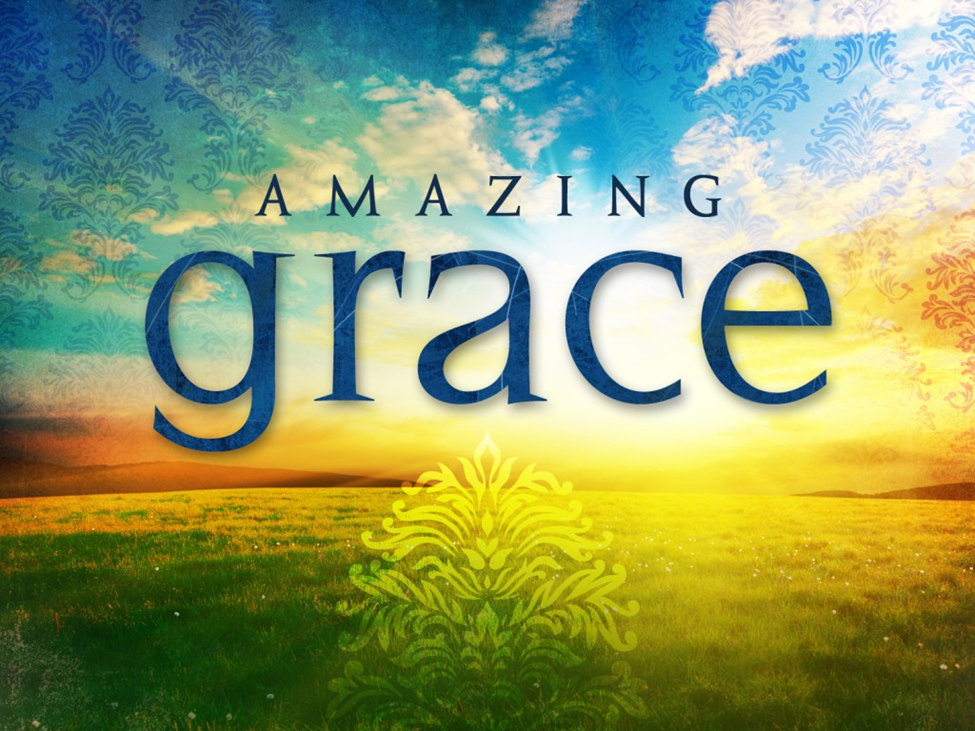
(Let me know your thoughts on this subject. If you appreciate this blog, please pass it on. If I can help you spiritually, let me know. Further articles, books, and stories at: Facebook: Eric E Wright Twitter: @EricEWright1 LinkedIn: Eric Wright ; Eric’s books are available at: https://www.amazon.com/Eric-E.-Wright/e/B00355HPKK%3Fref=dbs_a_mng_rwt_scns_share)






